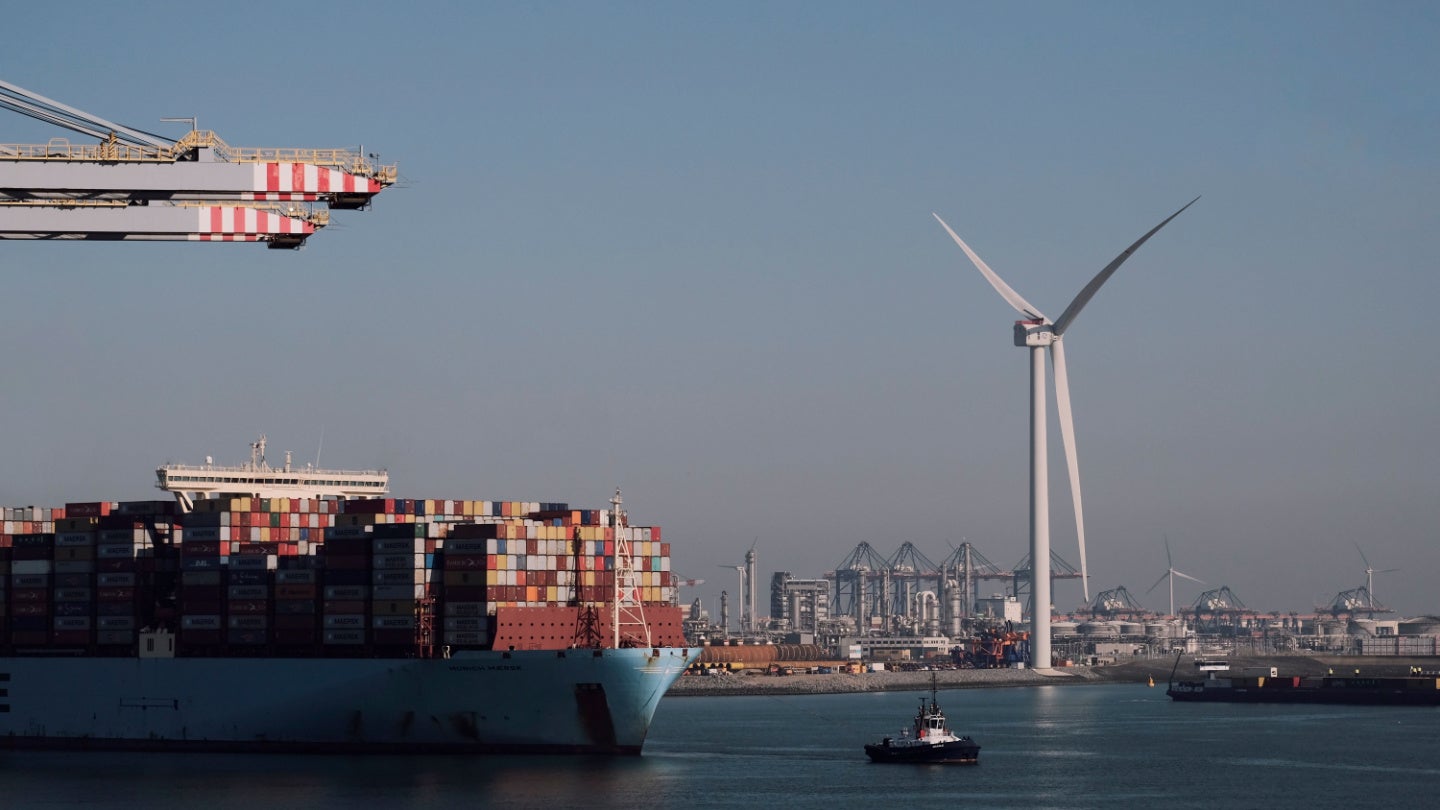
Maritime software company Sea has launched a “Carbon Exposure” solution to allow customers to measure their carbon output against targets and industry regulations.
The addition to Sea’s platform has been launched amid the EU’s extension of its Emissions Trading Scheme (EU ETS) to include shipping, requiring maritime companies using EU ports to account for all their emissions.
Peter Schroder, CEO of Sea, said the company was launching the product at an important time for the industry: “All players across the industry must be able to track, report on, and reduce their emissions; decisions taken at the pre-fixture stage will be integral to each stage of this process and can have a huge impact on both costs and carbon.
Under the EU ETS, carbon dioxide, methane and nitrous oxide emissions are included in an overall cap that is reduced over time to ensure companies are complying with the EU’s climate goals and incentivise low-carbon solutions and better energy efficiency.
While the EU ETS began applying to shipping companies from January 2024, the percentage of emissions that operators will have to surrender allowances for will be increased in phases from 40% in 2024 to 70% in 2025 and 100% from 2026 onwards, when methane and nitrous oxide will also need to be incorporated into reports.
“Ensuring these decisions are underpinned with the right data and insights should be top of the agenda for charterers, brokers, operators, and owners.”

US Tariffs are shifting - will you react or anticipate?
Don’t let policy changes catch you off guard. Stay proactive with real-time data and expert analysis.
By GlobalDataThe Carbon Exposure solution will allow companies to view the carbon impact of planned voyages, compare the environmental friendliness of different vessels, and assess expected and actual environmental performance against their own targets.
Additionally, users would be able to identify areas of improvement within their operations such as optimising vessel selection across different voyages.
Sea has previously worked with the Maersk Mc-Kinney Moller Centre for Zero Carbon Shipping to provide access to its data tools to support the centre’s goal of improving sustainable decarbonisation in the shipping industry.



